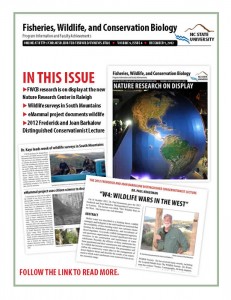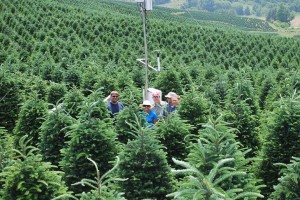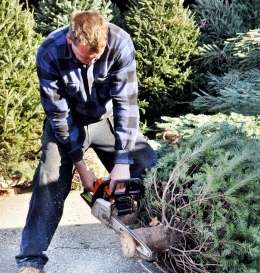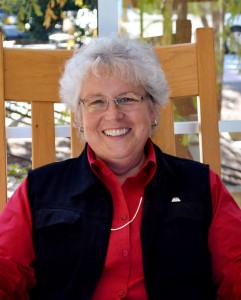The following letter was emailed to College of Natural Resources alumni on January 22, 2013.
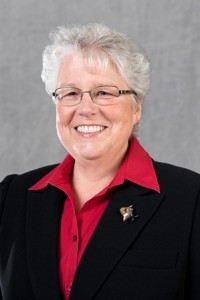
A Message From Dean Mary Watzin
January 22, 2013
I write to let you know that the Natural Resources Foundation Board of Directors has unanimously recommended the sale of the Hofmann Forest in its entirety, assuming price and other considerations can be met, for the specific support of the mission of the College of Natural Resources.
I also want to reassure you that any sale of the Hofmann will be consistent with the values of the College, which include retaining the name in recognition of the legacy of the Forest to the College. The goal is to sell the property as a working forest. The College hopes to retain access to the property by faculty and students for teaching and research. My commitment to forestry education, research and outreach as core elements of the programming of the CNR is strong.
In deciding about the future of the Hofmann, the Foundation (and the College) has considered which options would provide the greatest good for the largest number of CNR students, our faculty and staff, and our professions, over the long term. The College is currently experiencing significant growth and has strong ambitions. Keeping current programs strong and leveraging new opportunities for the College will only be possible with additional cash flow. A more diversified portfolio of investment could provide a higher and more consistent level of support to the College.
The Hofmann Forest is a tremendous asset to the College of Natural Resources, and I understand some of you have fond memories of your time there. As you will recall, the Hofmann was acquired shortly after the forestry program at NCSU was founded and it was named in honor of the program’s founding dean. Initially, the Forest was used for teaching purposes, with students spending a summer in eastern North Carolina at the Hofmann to learn forestry. In the late 1950’s, summer camp was moved permanently to Hill Forest near Durham. Last year, the College invested about $1.5 million in upgrading the facilities at Hill Forest. Today, a relatively small number of CNR faculty and students use the Hofmann Forest for teaching and research. The low rate of use is in part because of the distance of the Hofmann Forest from the campus.
Currently, the primary role of the Hofmann Forest is as an investment, with earnings supporting scholarships and the academic and research programs of the College. It is managed by the Natural Resources Foundation as a commercial forest. Although the Foundation staff has done an outstanding job of managing the Hofmann Forest over the last decade, we are at a competitive disadvantage compared to large commercial operations, which have greater resources to manage in the face of a changing business climate.
The current rate of return from the Hofmann is less than what might be achieved from a diversified investment portfolio. A diversified portfolio would also lessen the risks associated with fires, hurricanes, droughts, and invasive species.
The mission of CNR is teaching, research and outreach. While we cherish our history with the Hofmann Forest, the reputation of the College is not based on this land ownership; it is instead the direct result of the stature and quality of the faculty and the teaching, research, and outreach programs we deliver.
I ask for your patience and your trust as we move forward with this process, which will unfold over the coming months.
With best wishes,
Mary C. Watzin
Dean, College of Natural Resources
North Carolina State University


